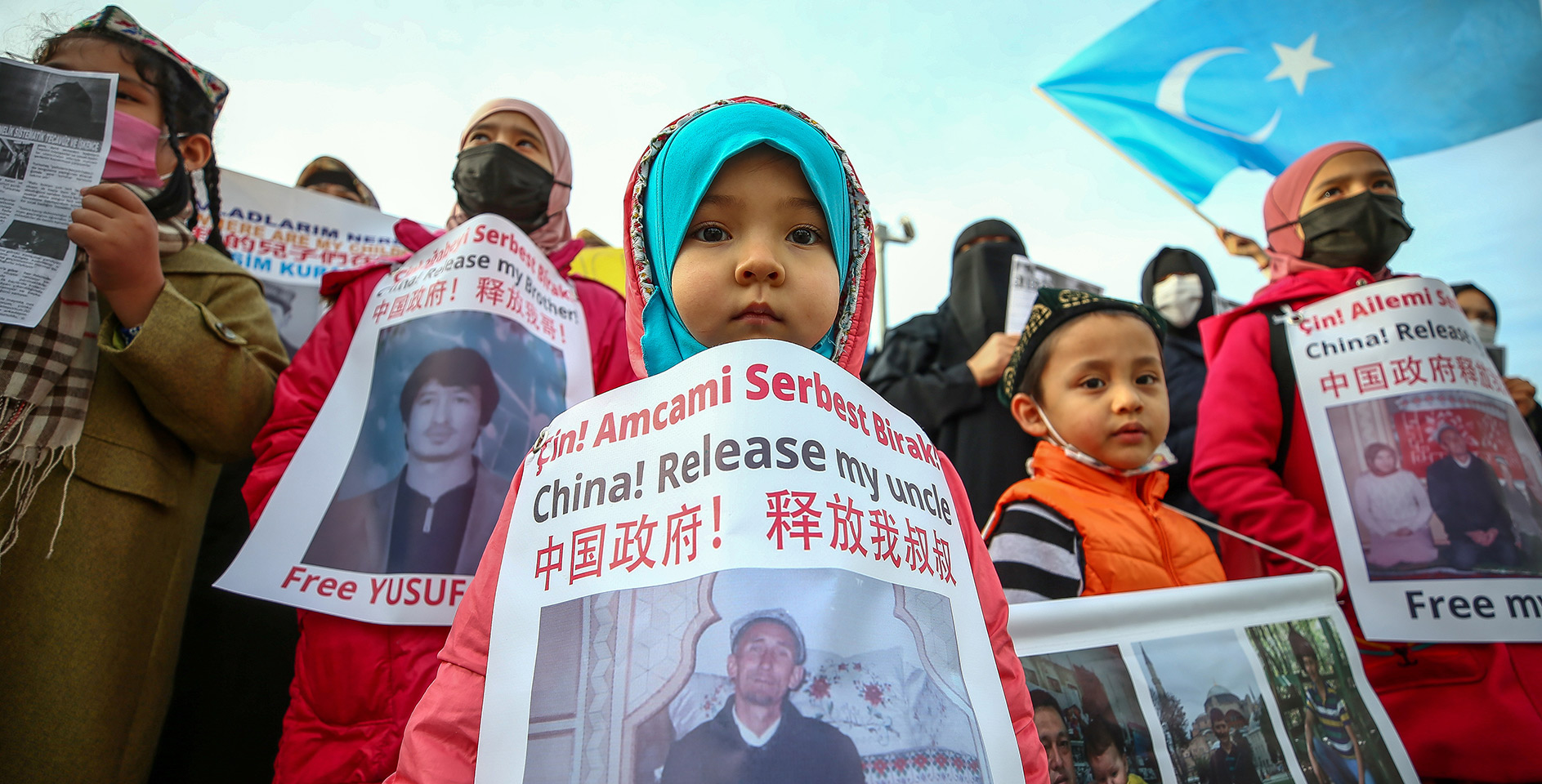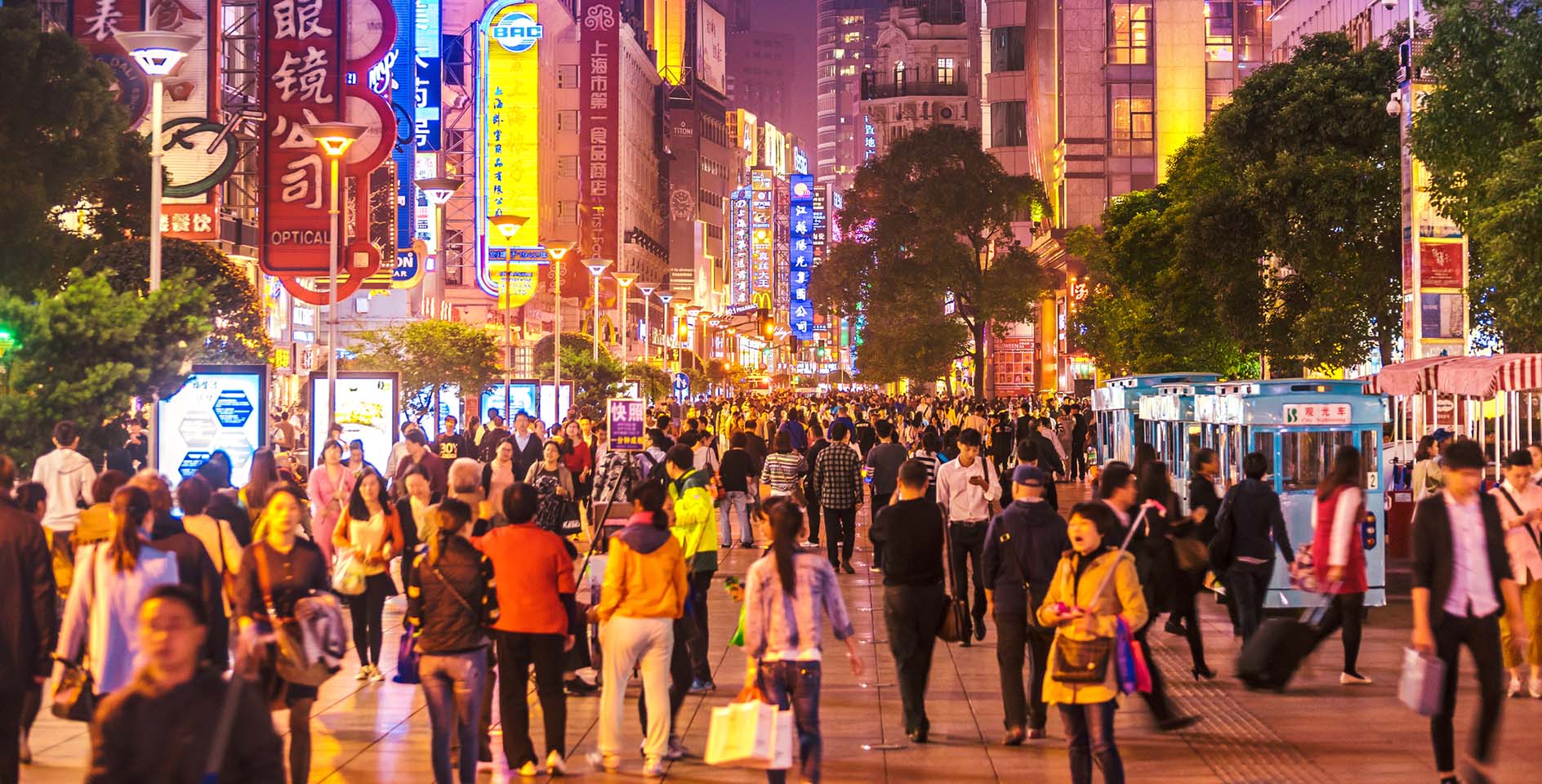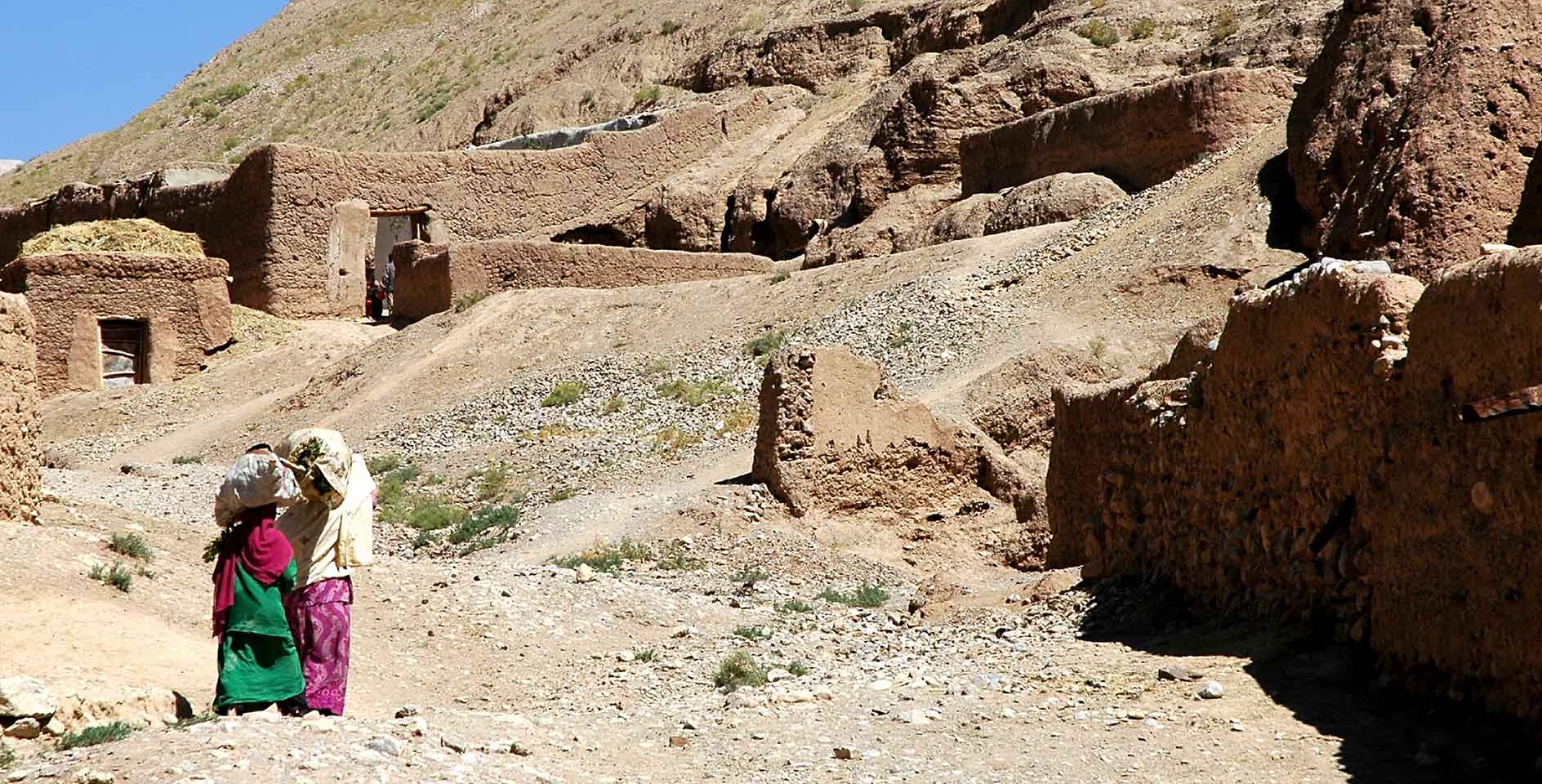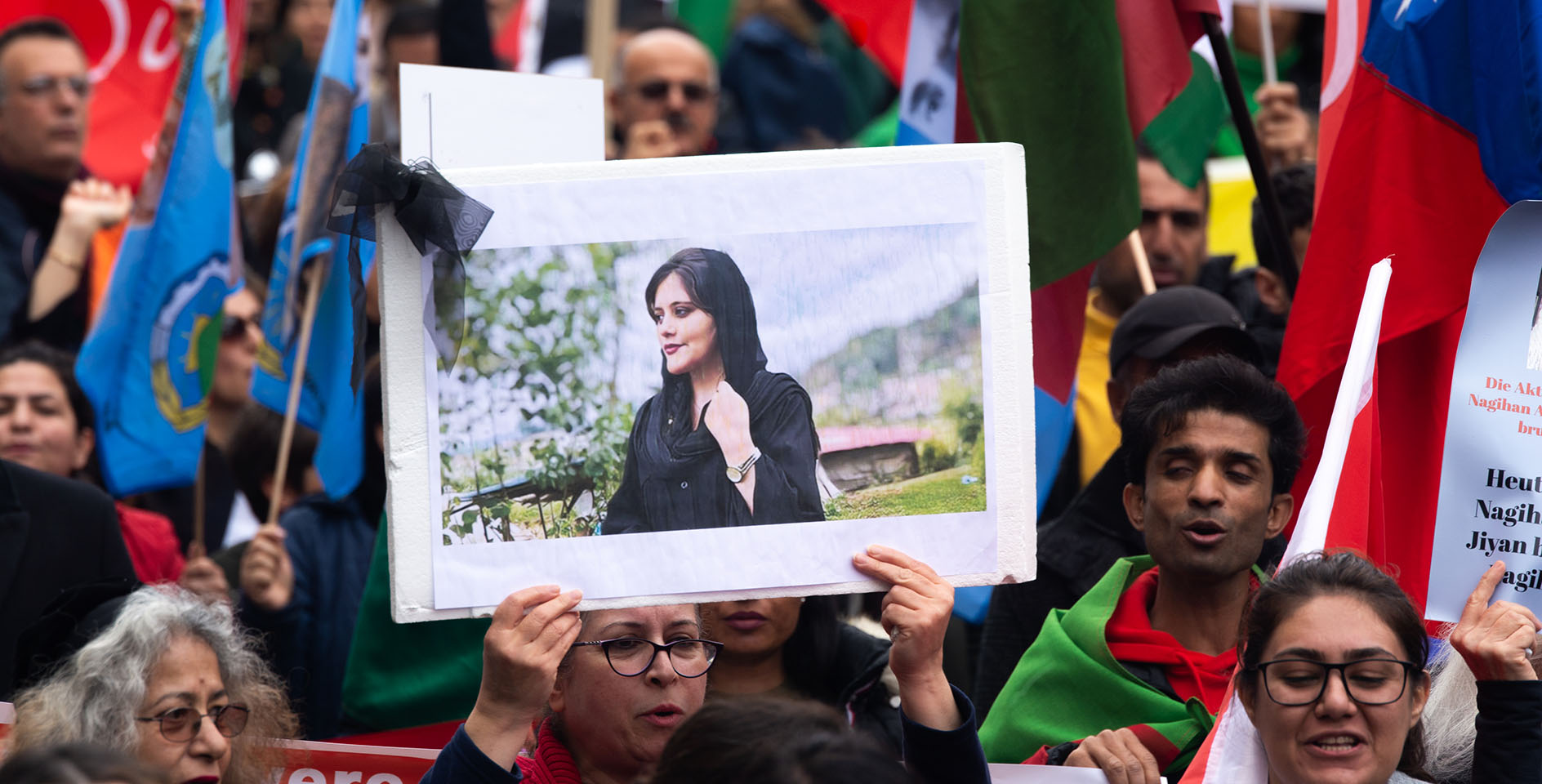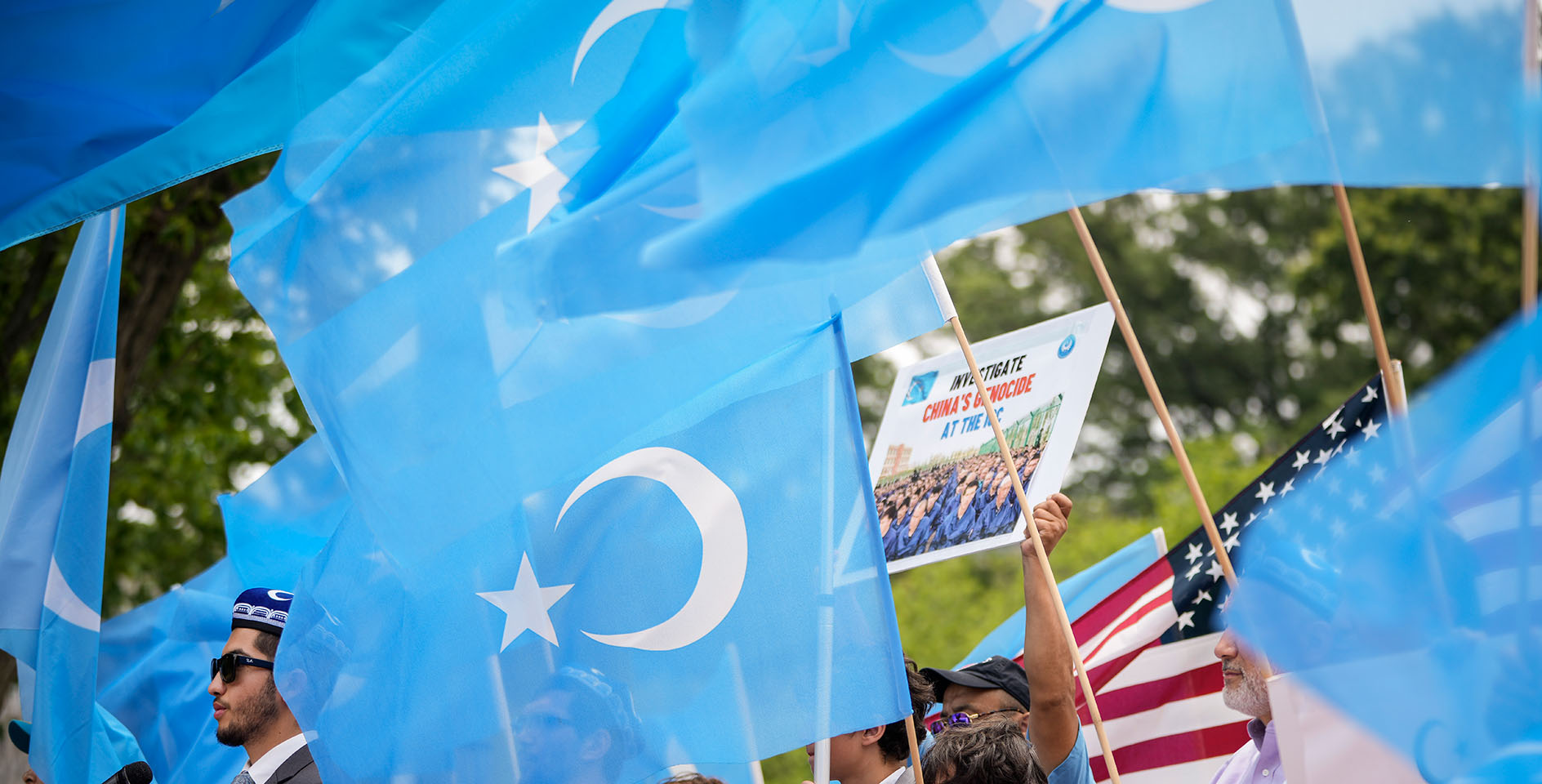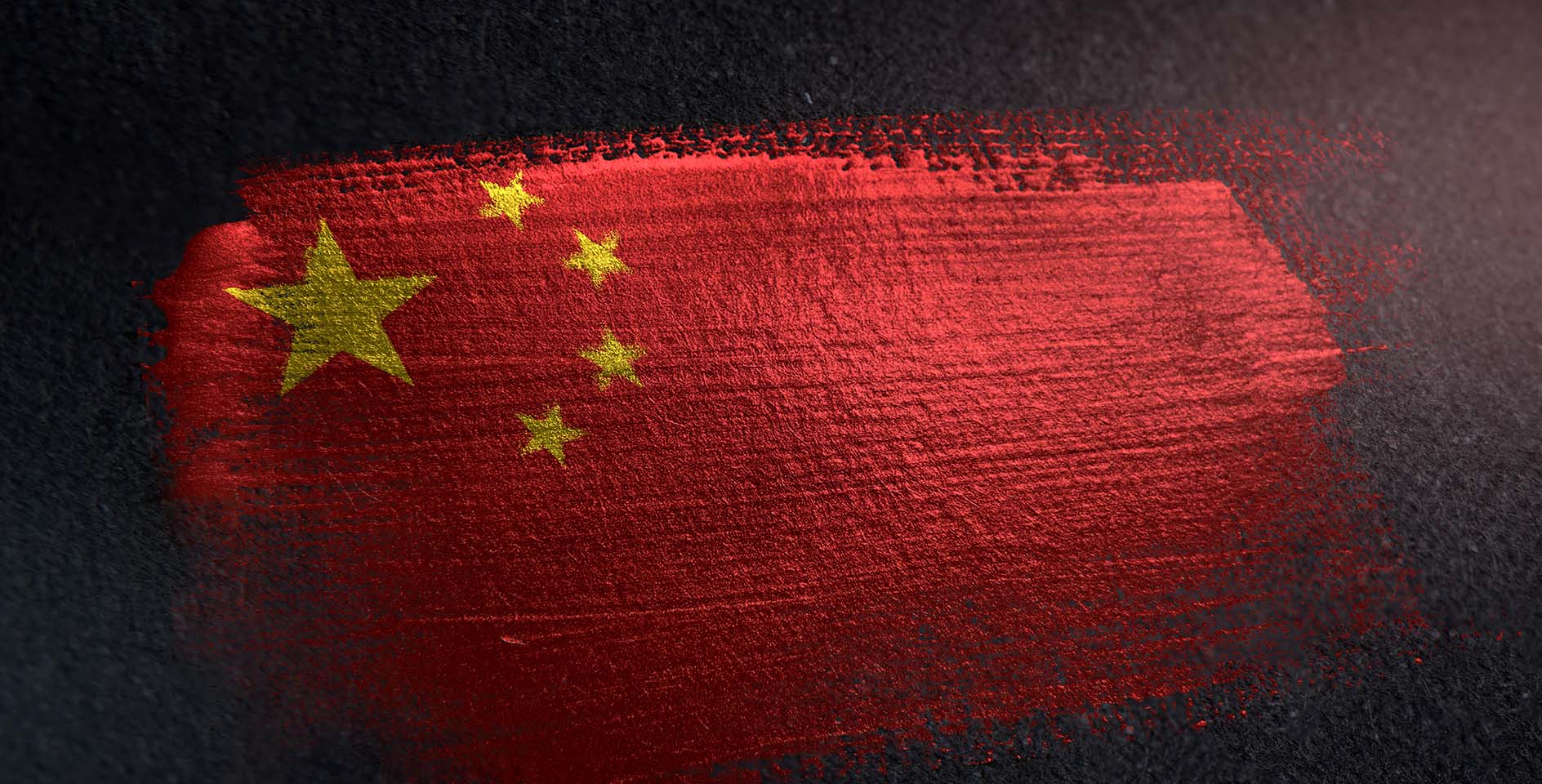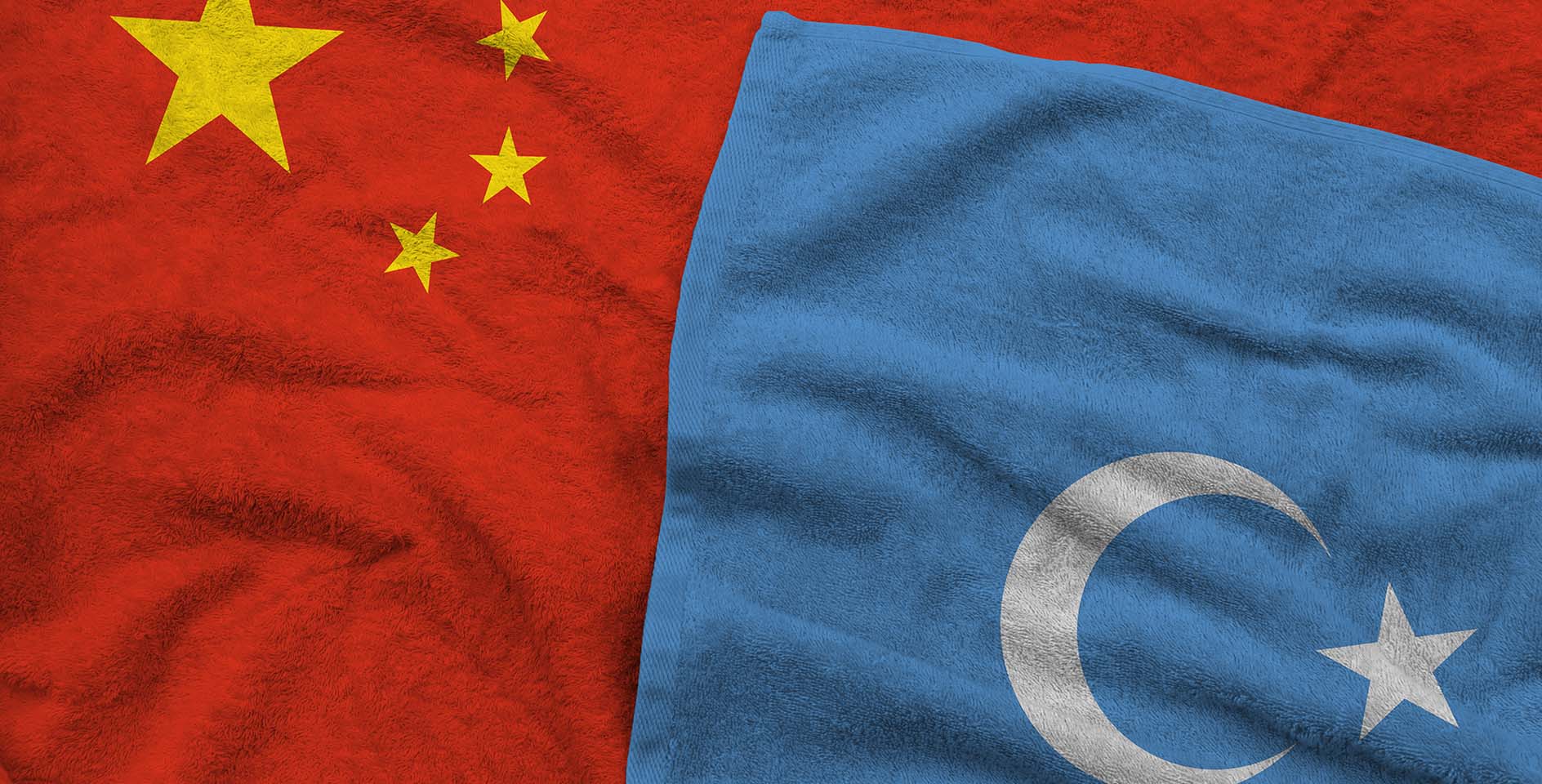This week, the United States, the United Kingdom, the European Union, and Canada announced multilateral sanctions against Chinese government officials for their manifold human rights violations against Uyghur muslims. The sanctions were imposed against two Chinese Communist Party (CCP) leaders uniquely responsible for these atrocities: Wang Junzheng, the secretary of the Party Committee of the Xinjiang Production and Construction Corps (XPCC) and Chen Mingguo, director of the Xinjiang Public Security Bureau (XPSB) under the Global Magnitsky sanctions program.
“Wang Junzheng and Chen Mingguo are being designated pursuant to Executive Order 13818 in connection with the People’s Republic of China’s (PRC) appalling abuses in Xinjiang,” read the announcement of sanctions from the U.S. Department of State. The statement continued, “Wang is being designated for having acted or purported to act for or on behalf of, directly or indirectly, the XPCC. Chen is being designated for being a foreign person who is a leader or an official of the XPSB, which has engaged in, or whose members have engaged in, serious human rights abuse related to Chen’s tenure.”
This is a continuation of United States’ policy recognizing the atrocities against Uyghur muslims as a genocide. However, it is of special interest that this is the first time since the Tiananmen Square massacre the U.K. has imposed sanctions against the Chinese Communist Party. The CCP is waging a systematic campaign of persecution against Uyghur Muslims and other ethnic minorities in Xinjiang. The Chinese government has detained over a million Uyghur muslims in internment camps, subjected them to forced labor. Even now, the CCP continues to forcibly separate families and subject women to forced sterilization.
Sanctions are a tool governments can use to respond to foreign policy challenges. Many governments and multilateral bodies use economic sanctions to attempt to alter the behavior of another nation.
The sanctions from the U.S. were applied under the Global Magnitsky sanctions program, which authorizes the executive branch to impose visa bans and block sanctions against any foreign person or entity “responsible for extrajudicial killings, torture, or other gross violations of internationally recognized human rights committed against individuals in any foreign country seeking to expose illegal activity carried out by government officials, or to obtain, exercise, or promote human rights and freedoms.”
The E.U., the U.K., and Canada all have their own version of Global Magnitsky sanctions. These sanctions not only signal an international commitment to stand up for human rights, but also cause material harm and disincentive for China’s current actions.
Additionally, the U.S., U.K., Canada, Australia, and New Zealand released a joint statement condemning China’s horrific acts of violence and showing solidarity with the international community in punishing those responsible. This partnership of countries is called the “Five Eyes,” and they serve together as an intelligence alliance. The joint statement reads, in part: “The evidence, including from the Chinese Government’s own documents, satellite imagery, and eyewitness testimony is overwhelming. China’s extensive program of repression includes severe restrictions on religious freedoms, the use of forced labour, mass detention in internment camps, forced sterilisations, and the concerted destruction of Uyghur heritage.”
The new sanctions and statements from Western government leaders are noteworthy steps in the right direction as they place needed pressure on the Chinese government for their persecution of Uyghurs.
The U.S. should continue prioritizing religious freedom abroad. The ERLC will continue to advance human rights rooted in the image of God and religious freedom for persecuted people in China, and encourage our government officials to hold China accountable to recognize human dignity and the sanctity of human life.
To learn more see these ERLC resources
- U.S. announces genocide determination for the ongoing attrocities committed against Uyghurs
- How the Chinese Communist Party is Persecuting Uyghur Women
- How the Chinese Communist Party is persecuting Uyghur Muslims
- The U.S. should oppose China’s forced labor practices
- Capitol Conversations: David Curry on China, Hong Kong, and the persecuted church



